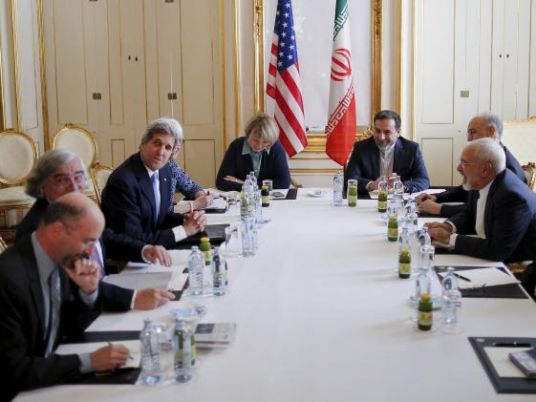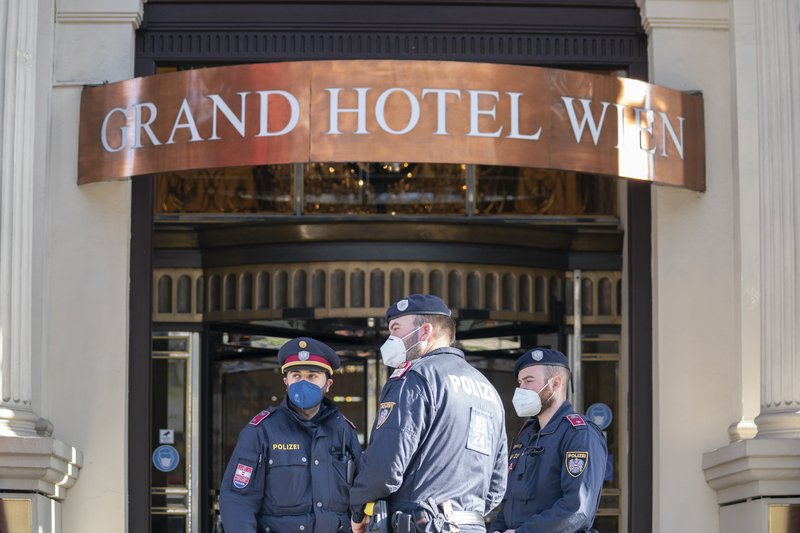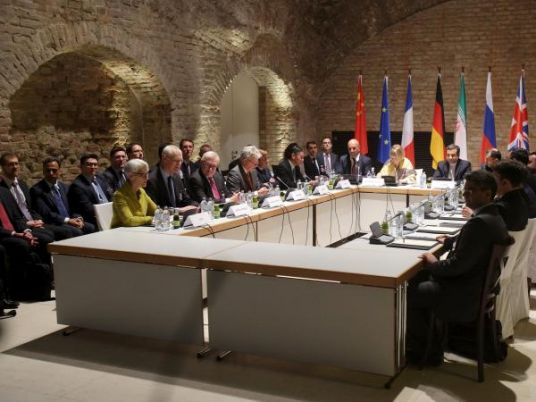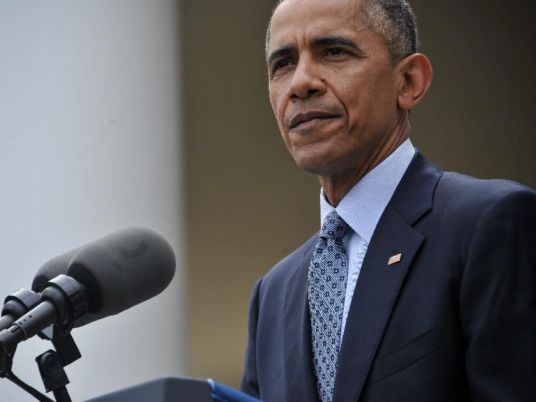
Nuclear talks between Tehran and world powers had yet to reach a breakthrough as they continued in overtime on Thursday, and Western officials said the latest "red lines" by Iran's supreme leader had made it hard to settle disputes on key issues.
Iran is in talks with the United States and five other big powers – Britain, China, France, Germany and Russia – on an agreement under which Tehran would curtail its nuclear program in exchange for relief from economic sanctions.
Western powers and their allies suspect Iran is using a civilian nuclear energy program as a cover to develop a nuclear weapons capability. Iran denies this, saying its program is for peaceful purposes.
The negotiators missed a Tuesday deadline for a final agreement and have given themselves another week, until July 7.
A deal that would lift economic sanctions on Iran in return for long-term curbs on its nuclear program would be a major policy achievement for both US President Barack Obama and Iran's elected President Hassan Rouhani.
Both face scepticism from powerful hardliners at home in countries that have been enemies since Iranian revolutionaries stormed the US embassy in Tehran in 1979.
Iran's Foreign Minister Mohammad Javad Zarif and US Secretary of State John Kerry, who have been holding intense talks in Vienna, were to be joined on Thursday by the foreign ministers of Britain, France, Germany and China.
Britain's Philip Hammond told reporters on his arrival that an agreement was not yet at hand.
"The work goes on. You are going to see ministers coming and going to maintain the momentum of these discussions. I don't think we're at any kind of breakthrough moment yet and we will do whatever we need to do to keep the momentum," Hammond said.
Major issues still yet to be agreed include monitoring and verification steps to ensure that Iran does not cheat on any agreement as well as the pace and timing of sanctions relief.
Iran's Supreme Leader Ayatollah Ali Khamenei, who wields more power than Rouhani, placed a hurdle in front of the talks last week by ruling out either a long freeze of sensitive nuclear work or opening military sites to inspectors.
"Substantial differences still remain even at this last stage," a Western diplomat told Reuters. "The positions set out by Khamenei last week make it more difficult to bridge the gaps in the next few days and there is still work to be done."
In an apparent response to Khamenei, Obama said on Tuesday no deal would be agreed unless it blocked all Iranian pathways to developing a nuclear bomb, and ensured a robust monitoring system was in place.
Iranian negotiator Majid Takhteravanchi told reporters in Vienna there were some key issues that the ministers were expected to resolve. "We have reached the final days but still it is not clear when the last day will be."
The powers want Iran to grant access to military sites to inspectors from the UN. nuclear watchdog, the International Atomic Energy Agency, and to answer IAEA questions about previous nuclear work that may have had military purposes.
The IAEA's chief Yukiya Amano was in Tehran on Thursday to meet Iranian officials.



